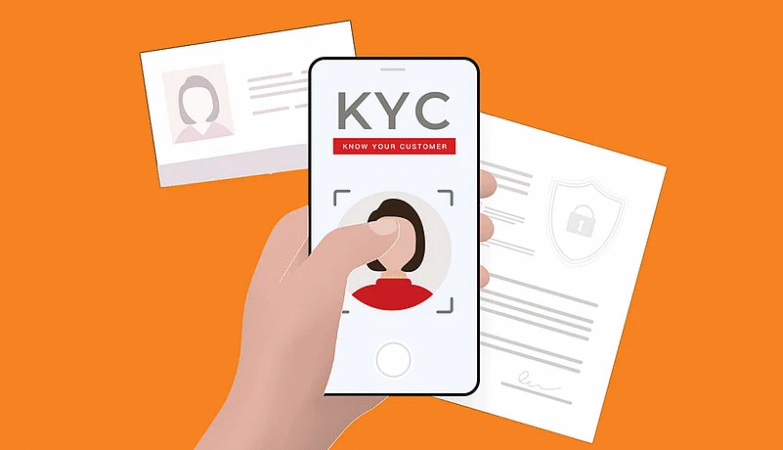Urinary tract infections (uti treatment st. johns) are among the most common bacterial infections worldwide, affecting millions annually. In St. John and across Canada, uti treatment st. johns are a significant public health concern, particularly among women, the elderly, and individuals with compromised immune systems. Traditional antibiotic treatments have been the mainstay of uti treatment st. john management; however, the rise of antibiotic-resistant bacteria has necessitated the exploration of alternative therapies. This article delves into emerging treatments for uti treatment st. johns, focusing on phage therapy, vaccines, and other innovative approaches, with a particular emphasis on their relevance to uti treatment st. john treatment in St. John.
Understanding uti treatment st. johns and the Challenge of Antibiotic Resistance
uti treatment st. johns occur when pathogenic bacteria invade the urinary tract, leading to inflammation and infection. The most common causative agent is Escherichia coli (E. coli), though other bacteria like Klebsiella pneumoniae and Proteus mirabilis can also be implicated. Symptoms typically include painful urination, frequent urges to urinate, and cloudy or foul-smelling urine.
In St. John, as elsewhere, the overuse and misuse of antibiotics have contributed to the emergence of antibiotic-resistant strains of uropathogenic bacteria. These resistant strains complicate treatment regimens, leading to longer hospital stays, increased medical costs, and higher morbidity rates. Consequently, there is an urgent need for alternative therapeuti treatment st. johnc strategies.
Phage Therapy: A Promising Alternative
Phage therapy involves using bacteriophages—viruses that specifically target and kill bacteria—as a treatment modality. Unlike antibiotics, phages are highly specific to their bacterial hosts, reducing the impact on beneficial microbiota. This specificity makes phage therapy particularly appealing in the context of UTI treatment st. John, where targeted action can minimize collateral damage to the urinary tract’s natural flora.
Recent studies have highlighted the potential of phage therapy in treating uti treatment st. johns. A comprehensive systematic review published in Annals of Clinical Microbiology and Antimicrobials emphasized phages’ ability to inhibit multidrug-resistant uropathogenic bacteria, including E. coli and Klebsiella pneumoniae. Phages can also disrupt biofilms—clusters of bacteria that adhere to surfaces and are encased in a protective layer, making them more susceptible to treatment. This capability is particularly beneficial in managing catheter-associated UTI treatment st. john, a common issue in healthcare settings in St. John. citeturn0search1
Moreover, advancements in genetic engineering have led to the development of CRISPR-enhanced phages. These phages carry CRISPR sequences that can target and cleave specific bacterial DNA, offering a dual mechanism of action. A study highlighted by Wired reported that a phage cocktail combined with the antibiotic Bactrim significantly reduced E. coli levels in participants, with most considered cured. This approach may present a scalable alternative to antibiotics and revive interest in phage therapy. citeturn0news12
Vaccines: Preventing Recurrent uti treatment st. johns
Vaccination represents a proactive approach to uti treatment st. john management, aiming to prevent infections before they occur. Several vaccine candidates have shown promise in clinical trials, particularly for individuals prone to recurrent uti treatment st. johns.
Uromune (MV140)
Uromune, also known as MV140, is a polyvalent bacterial vaccine developed for the prevention of recurrent uti treatment st. john. It contains inactivated strains of E. coli, Klebsiella pneumoniae, Enterococcus faecalis, and Proteus vulgaris—the primary pathogens responsible for UTI treatment st. john. Administered as a sublingual spray, Uromune has demonstrated efficacy in reducing UTI treatment st. john frequency and severity. Clinical studies have shown that it can decrease the number of UTI treatment st. john by approximately 70% and increase the time to the next UTI treatment st. John from about 1.6 months to 9.0 months. Additionally, it has been found to reduce subjective UTI treatment st. john symptoms, decrease antibiotic use, and improve quality of life. The vaccine is used as a sublingual spray once daily for 3 months. citeturn0search14
SEQ-400
SEQ-400 is a vaccine targeting the FimH adhesin protein of E. coli, which is essential for bacterial adhesion to the urinary tract. Currently in Phase 2 clinical trials, SEQ-400 aims to elicit an immune response that prevents bacterial attachment, thereby reducing the likelihood of infection. If successful, SEQ-400 could become a valuable tool in the arsenal against recurrent uti treatment st. johns. citeturn0search15
Other Vaccine Candidates
Other vaccines under investigation include ExPEC4V, OM-89, and StroVac. ExPEC4V, developed by Janssen Pharmaceuti treatment st. johncals, has demonstrated a significant immune response and reduced uti treatment st. john incidence in trials. OM-89, approved in over 30 countries, has effectively prevented recurrent uti treatment st. johns. StroVac, containing multiple inactivated pathogens, is administered either intramuscularly or vaginally to prevent uti treatment st. John. These vaccines offer a potential alternative to antibiotics, which is especially crucial given the rising antibiotic resistance. citeturn0news13
Beyond Phages and Vaccines: Other Innovative Therapies
In addition to phage therapy and vaccines, several other innovative approaches are being explored for uti treatment st. john treatment:
- Antimicrobial Peptides: These naturally occurring molecules can disrupt bacterial cell membranes, offering a potential alternative to traditional antibiotics.
- Probiotics: Certain strains of beneficial bacteria may help restore the natural balance of the urinary tract microbiota, preventing the overgrowth of pathogenic organisms.
- Nanotechnology:
FAQS - 1. What makes phage therapy a viable option for UTI treatment st. John’s treatment in St. John?
- Phage therapy offers a highly targeted approach by using viruses that specifically attack and destroy uti treatment st. John-causing bacteria like E. coli and Klebsiella pneumoniae. In uti treatment st. john treatment St. John, this precision is valuable as it reduces the risk of damaging beneficial bacteria and helps combat antibiotic-resistant infections that are becoming increasingly common in the region. Ongoing research and clinical trials are paving the way for phage therapy to become a routi treatment st. johnne option for patients with recurrent or drug-resistant uti treatment st. johns.
- 2. Are uti treatment st. john vaccines available for patients in St. John, and how effective are they?
- Yes, vaccines like Uromune (MV140) and SEQ-400 are showing strong results in reducing the frequency and severity of uti treatment st. John, especially in individuals who suffer from recurrent infections. While not yet mainstream in every clinic, healthcare providers focused on uti treatment st. john treatment St. John are closely monitoring these developments. Some vaccines are available through specialists or in clinical trial settings and have been associated with a 70% reduction in uti treatment st. john recurrence.
- 3. What are the most promising alternatives to antibiotics for uti treatment st. john treatment in St. John?
- Beyond vaccines and phage therapy, promising alternatives for uti treatment st. john treatment St. John include antimicrobial peptides, probiotics, and nanotechnology-based drug delivery systems. These innovations aim to either directly kill harmful bacteria or strengthen the body’s natural defenses, offering safer and more sustainable soluti treatment st. johnons in the fight against uti treatment st. johns—particularly in the face of growing antibiotic resistance.











